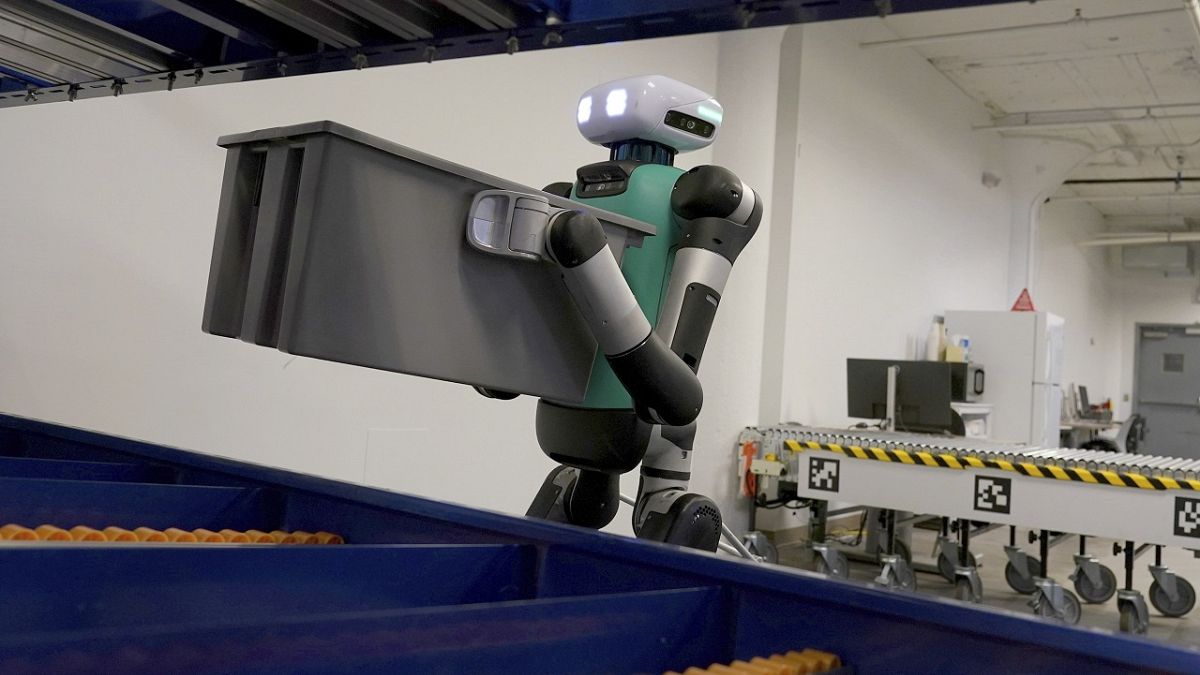The AI Liability Directive was originally planned to be launched in parallel with the AI Act.
Companies have been invited to engage with the European Parliament’s lawmaker steering rules for liability rules for artificial intelligence in an exercise designed to weigh the need for and possible extent of an upcoming directive.
The Parliament’s rapporteur MEP Axel Voss (Germany/EPP) launched a consultation on Monday which will be open until 17 March.
The European Commission proposed the AI Liability Directive in 2022 in a bid to modernise existing rules with new provisions covering harms caused by AI systems to ensure uniformity of protection.
Although the AI Act – the main framework which regulates AI systems on a risk-based approach – entered into force last August, rules on AI liability remain pending.
The Brussels tech lobby and consumer organisations have previously been sceptical about the need for additional rules. They claim that the issues are already covered under the revamped Product Liability Directive (PLD).
Voss’s questionnaire asks whether AI systems pose ‘unique legal challenges’ that are so far not covered by existing rules, and whether liability rules in general harm innovation.
In addition, he asks whether the directive should be turned into a regulation.
“The Commission proposed an AI Liability Directive. As a result, companies that want to sell their products and services across the EU would face 27 very different liability regimes (i.e. immaterial harms),” the question reads.
“Furthermore, Member States do interpret or apply the PLD very differently. This would result in high legal uncertainty and high litigation costs for companies and claimants, affecting in particular SMEs and startups that lack legal expertise and widening the competitive gap towards large non-EU tech companies.”
A study by the Parliament’s research service, presented in the Parliament’s legal affairs committee (JURI) late January, pointed at issues that large language models, including ChatGPT and Claude.ai, could pose because they fall out of the scope of the current Product Liability Directive.
Voss aims to publish a draft report on 4 June, followed by a discussion in the JURI committee at the end of that month.

